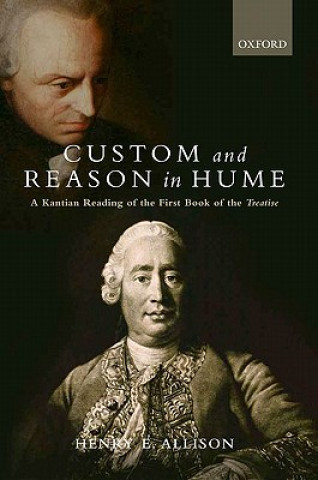
Kód: 04533703
Custom and Reason in Hume
Autor Henry E. Allison
Henry Allison examines the central tenets of Hume's epistemology and cognitive psychology, as contained in the Treatise of Human Nature. Allison takes a distinctive two-level approach. On the one hand, he considers Hume's thought ... celý popis
- Jazyk:
 Angličtina
Angličtina - Väzba: Brožovaná
- Počet strán: 426
Nakladateľ: Oxford University Press, 2010
- Viac informácií o knihe

Mohlo by sa vám tiež páčiť
-
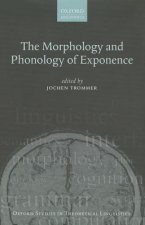
Morphology and Phonology of Exponence
246.03 € -
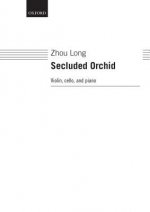
Secluded Orchid
29.07 € -

Shorter Orchestral Works Volume 2
307.97 € -

Spain in Our Hearts
13.50 € -

Canadian Book of Beer
15.96 € -5 % -

30 Bicycle Tours in New Jersey
24.67 € -

Social Movements in Times of Austerity: Bringing Capitalism Back Into Protest Analysis
85.69 € -

Lifelong Interest
25.69 € -

Bioinformatics and Biostatistics in Proteomics
73.09 € -

Crystal Den
18.32 € -

Metro 3 Vert Pupil Book Euro Edition
29.99 € -

Phoenix Nest, 1593
46.99 € -
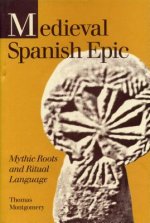
Medieval Spanish Epic
44.32 € -

Sworn Sword
15.25 €
Darčekový poukaz: Radosť zaručená
- Darujte poukaz v ľubovoľnej hodnote, a my sa postaráme o zvyšok.
- Poukaz sa vzťahuje na všetky produkty v našej ponuke.
- Elektronický poukaz si vytlačíte z e-mailu a môžete ho ihneď darovať.
- Platnosť poukazu je 12 mesiacov od dátumu vystavenia.
Viac informácií o knihe Custom and Reason in Hume
Nákupom získate 187 bodov
 Anotácia knihy
Anotácia knihy
Henry Allison examines the central tenets of Hume's epistemology and cognitive psychology, as contained in the Treatise of Human Nature. Allison takes a distinctive two-level approach. On the one hand, he considers Hume's thought in its own terms and historical context. So considered, Hume is viewed as a naturalist, whose project in the first three parts of the first book of the Treatise is to provide an account of the operation of the understanding in which reason is subordinated to custom and other non-rational propensities. Scepticism arises in the fourth part as a form of metascepticism, directed not against first-order beliefs, but against philosophical attempts to ground these beliefs in the "space of reasons." On the other hand, Allison provides a critique of these tenets from a Kantian perspective. This involves a comparison of the two thinkers on a range of issues, including space and time, causation, existence, induction, and the self. In each case, the issue is seen to turn on a contrast between their underlying models of cognition. Hume is committed to a version of the perceptual model, according to which the paradigm of knowledge is a seeing with the "mind's eye" of the relation between mental contents. By contrast, Kant appeals to a discursive model in which the fundamental cognitive act is judgment, understood as the application of concepts to sensory data, Whereas regarded from the first point of view, Hume's account is deemed a major philosophical achievement, seen from the second it suffers from a failure to develop an adequate account of concepts and judgment.
 Parametre knihy
Parametre knihy
Zaradenie knihy Knihy po anglicky Humanities Philosophy History of Western philosophy
75.86 €
- Celý názov: Custom and Reason in Hume
- Podnázov: A Kantian Reading of the First Book of the Treatise
- Autor: Henry E. Allison
- Jazyk:
 Angličtina
Angličtina - Väzba: Brožovaná
- Počet strán: 426
- EAN: 9780199592029
- ISBN: 0199592020
- ID: 04533703
- Nakladateľ: Oxford University Press
- Hmotnosť: 624 g
- Rozmery: 236 × 158 × 25 mm
- Dátum vydania: 02. September 2010
Obľúbené z iného súdka
-

Meditations
11.87 € -5 % -

The Myth of Sisyphus
8.08 € -

Why I Am so Clever
4.19 € -11 % -

Meditations
14.94 € -23 % -

Republic
11.97 € -17 % -

Beyond Good and Evil
11.15 € -23 % -

Gay Science
12.69 € -22 % -

Aphorisms on Love and Hate
3.57 € -24 % -
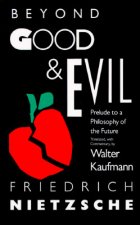
Beyond Good & Evil
12.89 € -21 % -

Meditations on First Philosophy
10.74 € -19 % -
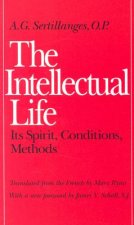
Intellectual Life
19.55 € -19 % -

Socrates' Defence
3.57 € -24 % -

Discourses, Fragments, Handbook
11.66 € -19 % -

Ride the Tiger
25.18 € -3 % -

Thus Spoke Zarathustra
9.82 € -24 % -

Fear and Trembling
11.15 € -23 % -

Birth of Tragedy
4.09 € -13 % -
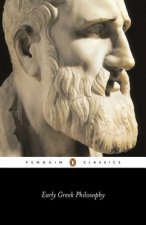
Early Greek Philosophy
14.43 € -23 % -
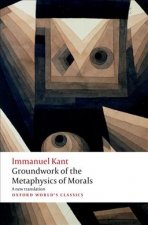
Groundwork for the Metaphysics of Morals
10.95 € -19 % -
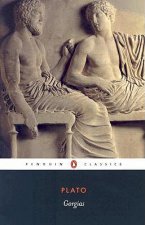
Gorgias
11.76 € -
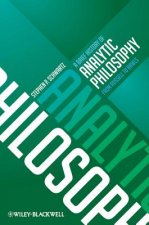
Brief History of Analytic Philosophy - From Russell to Rawls
38.69 € -2 % -
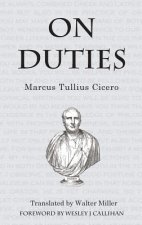
On Duties
13.71 € -4 % -

Discourses and Selected Writings
10.95 € -24 % -

Nicomachean Ethics
6.03 € -19 % -

Nausea
11.15 € -23 % -

Letters from a Stoic
12.38 € -15 % -

Meditations
20.06 € -21 % -

Simulacra and Simulation
22.92 € -

Phenomenology of Spirit
34.90 € -

Twilight of the Idols with The Antichrist and Ecce Homo
5.42 € -28 % -

On Liberty, Utilitarianism and Other Essays
10.13 € -22 % -
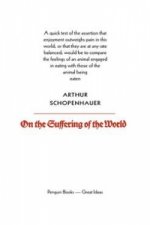
On the Suffering of the World
7.98 € -22 % -

Human Condition
21.59 € -9 % -

On the Shortness of Life
8.59 € -18 % -

Existentialism Is a Humanism
9.10 € -19 % -

Think
12.28 € -15 % -

Guide to the Good Life
19.03 € -2 % -
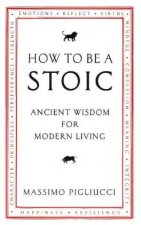
How To Be A Stoic
17.70 € -23 % -

The Symposium
9.31 € -19 % -

Human, All Too Human & Beyond Good and Evil
5.93 € -21 % -

At The Existentialist Cafe
12.79 € -24 % -
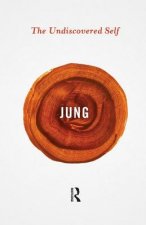
Undiscovered Self
28.66 € -
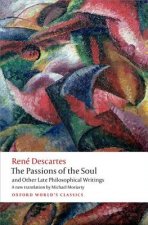
Passions of the Soul and Other Late Philosophical Writings
12.28 € -23 % -
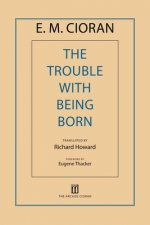
The Trouble With Being Born
13.20 € -18 % -
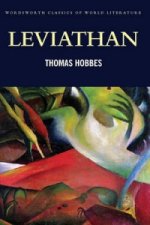
Leviathan
5.21 € -30 % -
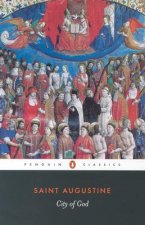
City of God
18.93 € -2 % -

Ecce Homo
10.13 € -22 % -
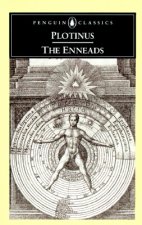
Enneads
16.37 € -19 % -
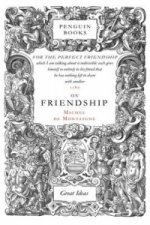
On Friendship
7.98 € -22 %
Osobný odber Bratislava a 2642 dalších
Copyright ©2008-24 najlacnejsie-knihy.sk Všetky práva vyhradenéSúkromieCookies



 19 miliónov titulov
19 miliónov titulov Vrátenie do mesiaca
Vrátenie do mesiaca 02/210 210 99 (8-15.30h)
02/210 210 99 (8-15.30h)